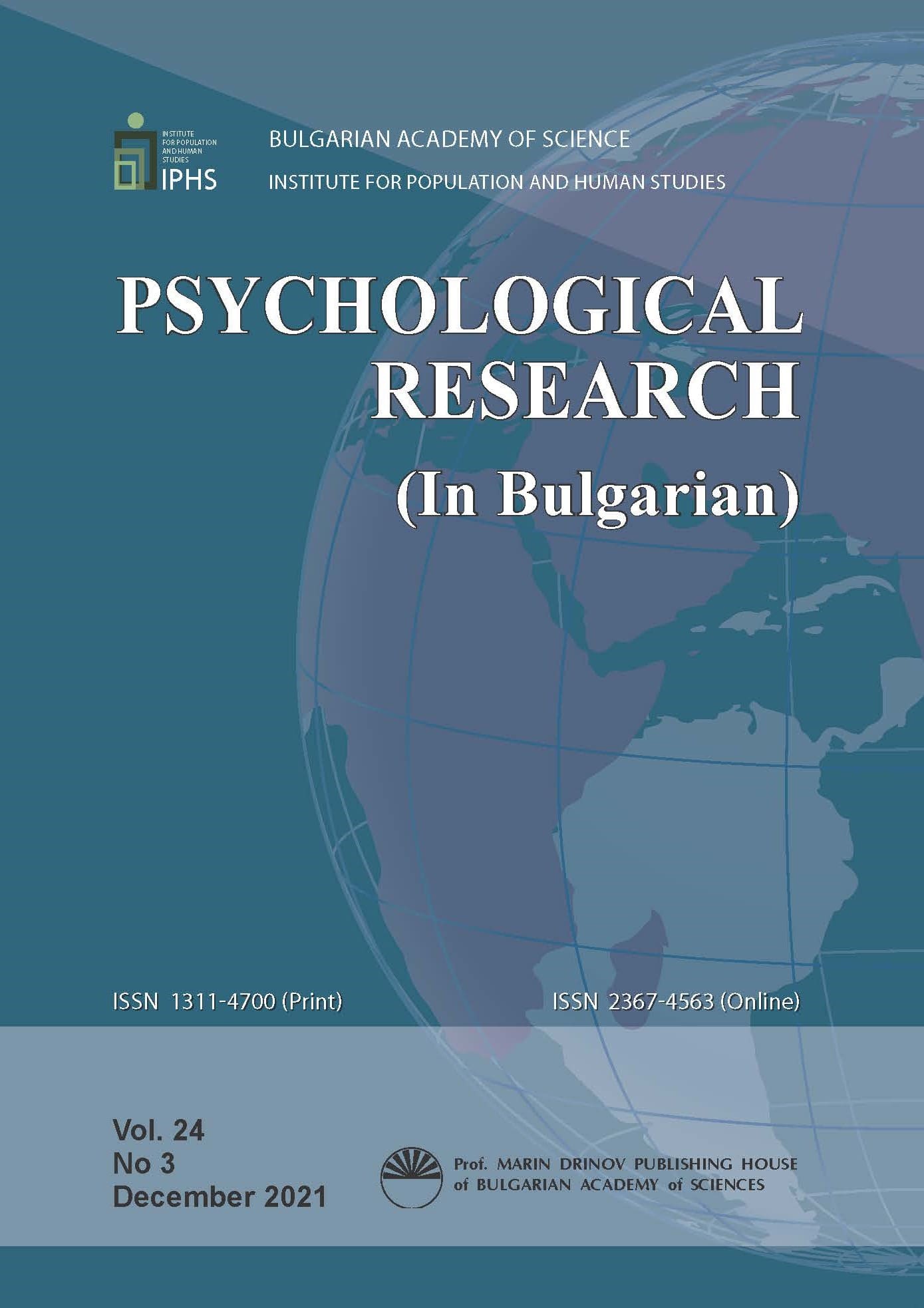Ролята на семейната езикова среда за формиране на Теорията на съзнанието у ромските деца
The Role of the Family Language Environment for the Formation of the Theory of Mind in Roma Children
Author(s): Hristo KyuchukovSubject(s): Social Sciences, Psychology, Social psychology and group interaction
Published by: Институт за изследване на населението и човека - Българска академия на науките
Keywords: Roma; bilingualism; theory of mind; family environment.
Summary/Abstract: The article presents research with Roma children from Bulgaria and the development of the Theory of Mind. In two studies (n = 60) with children aged 3 to 6 years, children were tested with tests for so-called False Belief Task. The first study was conducted with 30 rural children, and the second study was conducted with 30 urban children living in a large city (capital). In both groups the children are natural bilinguals, they do not attend kindergarten, and in both cases the Bulgarian language as a second language for them is learned at home. In the first study, children were offered 4 tests for False belief, and in the second study, two tests for False belief and two language tests were offered. The aim of the author is to identify the factors that support the early acquisition of the Theory of Mind by Roma children and to experiment to what extent the knowledge of interrogative sentences with the mental verb to want and the grammatical category of evidentiality influence the development of the theory of mind in bilingual Roma children. The results clearly show that Roma children who grow up in large Roma families in which 2-3 generations coexist acquire the Theory of Mind earlier (between 3-4 years of age) than English-speakingmonolingual children who acquire the Theory of Mind between 4-5 years of age. The reason for this is that in large Roma families children hear different registers and everyone talks to the children with complex linguistic structures, which turn out to be very important for mastering the Theory of Mind. The results of the second study did not confirm the expectation that there was a statistically significant correlation between the interrogative sentences and the evidentiality and the tests for Theory of Mind.
Journal: Психологични изследвания
- Issue Year: 24/2021
- Issue No: 3
- Page Range: 289-306
- Page Count: 18
- Language: Bulgarian

